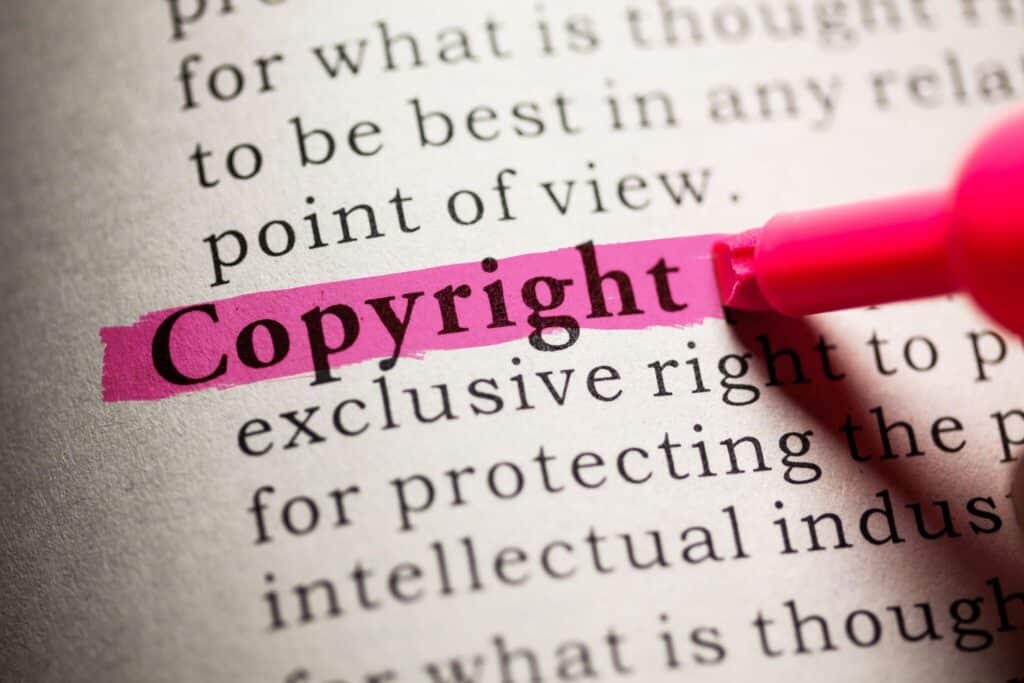What is 'Whois' for Identifying Unique Domain Administrators?

The nature of cases typically handled by attorneys and measures against online defamation differ significantly in terms of whether or not the identity of the other party is known.
For example, in a divorce case handled by an attorney, if a man requests assistance and the case involves negotiations related to his divorce from his wife, the other party is the ‘wife of the client’. Naturally, her name and address are known. Similarly, in a debt collection case handled by an attorney, if a company requests assistance and the case involves negotiations with a business partner to ‘pay for the delivered goods’, the other party is the ‘business partner of the client’. Naturally, their address and company name are known. Whether sending a certified mail or proceeding to court when negotiations break down, knowing the ‘name and address of the other party’ is the starting point.
Dealing with Anonymous Parties in Defamation Measures
However, dealing with defamation on the internet is a different matter. The “other party” could be, for example, “an individual operating an anonymous site on the internet”. To remove an article from an anonymous site, the most direct approach is to identify the operator of the anonymous site as the “other party” and request them to “remove this article posted on your site”. However, it is completely unknown who this “individual operating an anonymous site on the internet” is or where in Japan they are located. In this situation, it is impossible to send a certified mail or initiate a lawsuit.
Therefore, the first step is to identify the poster who made the problematic post.
So, how do we identify this “individual operating an anonymous site on the internet”? There are several methods to identify the poster. One of them, and the most basic method, is “whois”.
Unique Domains and Whois
Among the “anonymous sites” on the internet, there are sites operated with what is known as a “unique domain”. A “unique domain” is a domain that the site operator has acquired themselves. The part immediately following “http://” in a URL is the “domain”. When creating a site, you have the option of acquiring a “domain” yourself or using a “domain” acquired by a provider.
For example, in the case of Ameblo, the URL would be something like “http://ameblo.jp/Monolith-law/”. This is a form of using the “ameblo.jp” domain that Ameblo has acquired, and it is not what is known as a “unique domain”. Acquiring a domain like “Monolith-law.jp” yourself and operating a site with a URL like “https://monolith.law/” is what is known as a “unique domain”.
Those who acquire a domain must register and publish information about themselves in a form known as “whois”. Domains are somewhat public, and for example, for the stable operation of that network, it is necessary to have information published about where to contact in case of technical problems. Therefore, when registering a domain, you must register and publish your contact information. The service to refer to this registrant information is “whois”.
For example, the following information can be obtained from whois information:
Contact Information: [Public Contact Window]
[Name] KAWASE TOKI
[Email] [email protected]
[Web Page]
[Postal Code] 100-0004
[Address] 1-9-5 Otemachi, Chiyoda-ku, Tokyo Otemachi Financial City North Tower 21st Floor
[Phone Number] 03-6262-3245
In this way, in the case of a unique domain site, you can investigate the registrant of the domain by referring to the whois information, and the registrant of the domain usually matches the site operator. This allows you to identify the poster.
Please note, whois information can be checked with web services such as “ANSI Whois Gateway“.

The detailed usage of “ANSI Whois” is explained in the following article.
https://monolith.law/reputation/ansi-whois-howto[ja]
Anonymous Domain Registration Services Exist
Indeed, there are unique domains registered with information like the following:
Registrant Name: Registration Private
Registrant Organization: Domains By Proxy, LLC
Registrant Street: DomainsByProxy.com
Registrant Street: 14747 N Northsight Blvd Suite 111, PMB 309
Registrant City: Scottsdale
Registrant State/Province: Arizona
Registrant Postal Code: 85260
Registrant Country: US
Registrant Phone: +1.4806242599
Registrant Phone Ext:
Registrant Fax: +1.4806242598
Registrant Fax Ext:
Registrant Email: [email protected]
This is an anonymous domain registration service provided by ‘GoDaddy’, a foreign domain acquisition agency.
The requirement to disclose the registrant’s name and address via whois when acquiring a domain can be harsh, especially for female bloggers. For instance, if a woman running a cooking blog on ‘Ameblo’ gains popularity and wants to acquire her own domain, being told to disclose her name and address can be frightening due to the fear of stalking. In such cases, you can request the domain acquisition agency to acquire the domain on your behalf as ‘Private’. This is what anonymous domain registration services are for. Therefore, the address displayed here is not that of the individual who acquired the domain, but the address of ‘GoDaddy’, the domain acquisition agency. Moreover, as you can see from the address, ‘GoDaddy’ is a US-based agency. Even if you send a request from Japan asking for the name and address of the domain registrant because defamation is occurring on the site operated with the domain they acquired (the reason for this is omitted here), they probably won’t respond.
In such cases, various ‘know-how’ is used to investigate the operator of the anonymous site. However, it is common for individuals not to possess such know-how. If an anonymous domain registration service is being used, it is recommended to request a lawyer to identify the poster.
Category: Internet





















